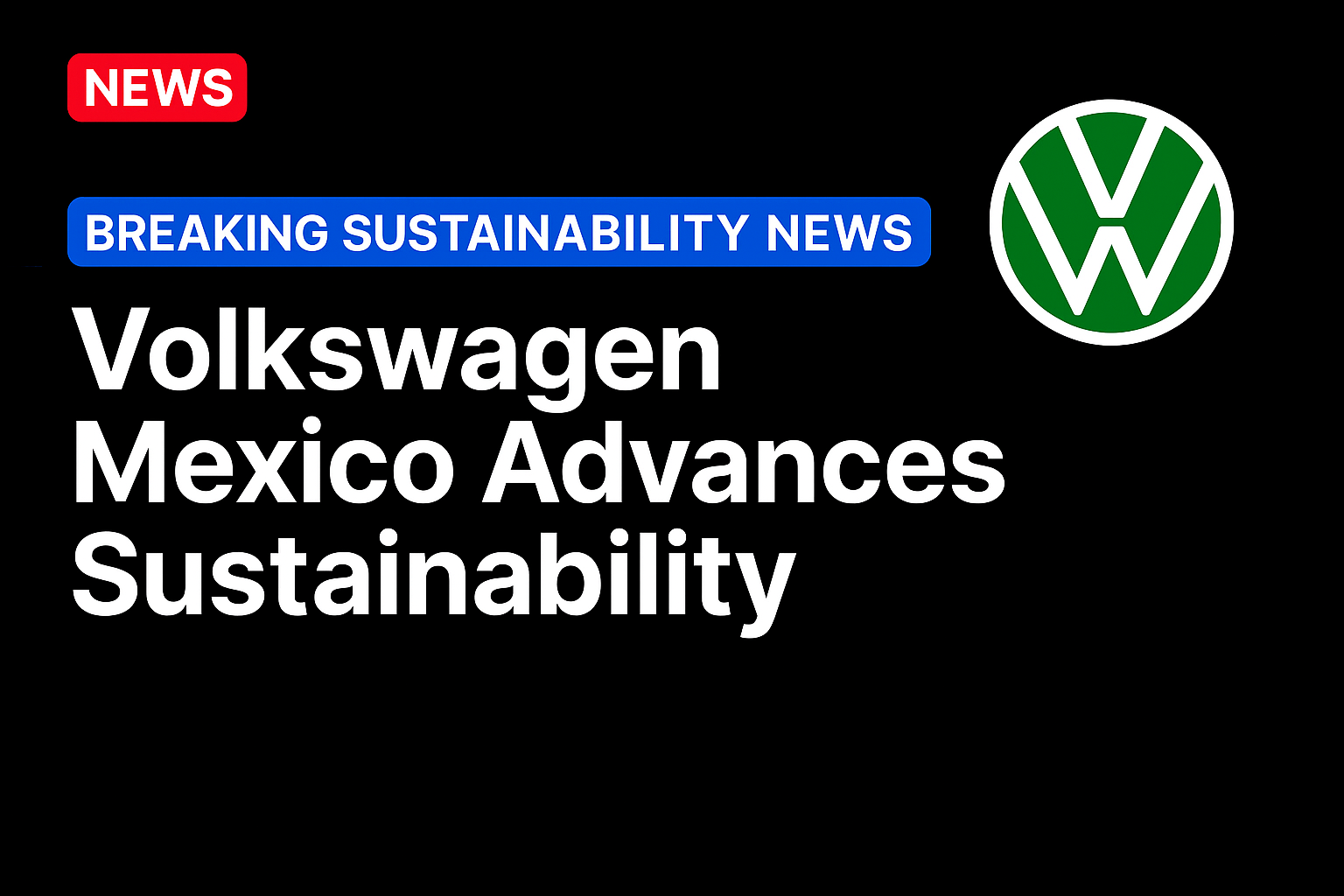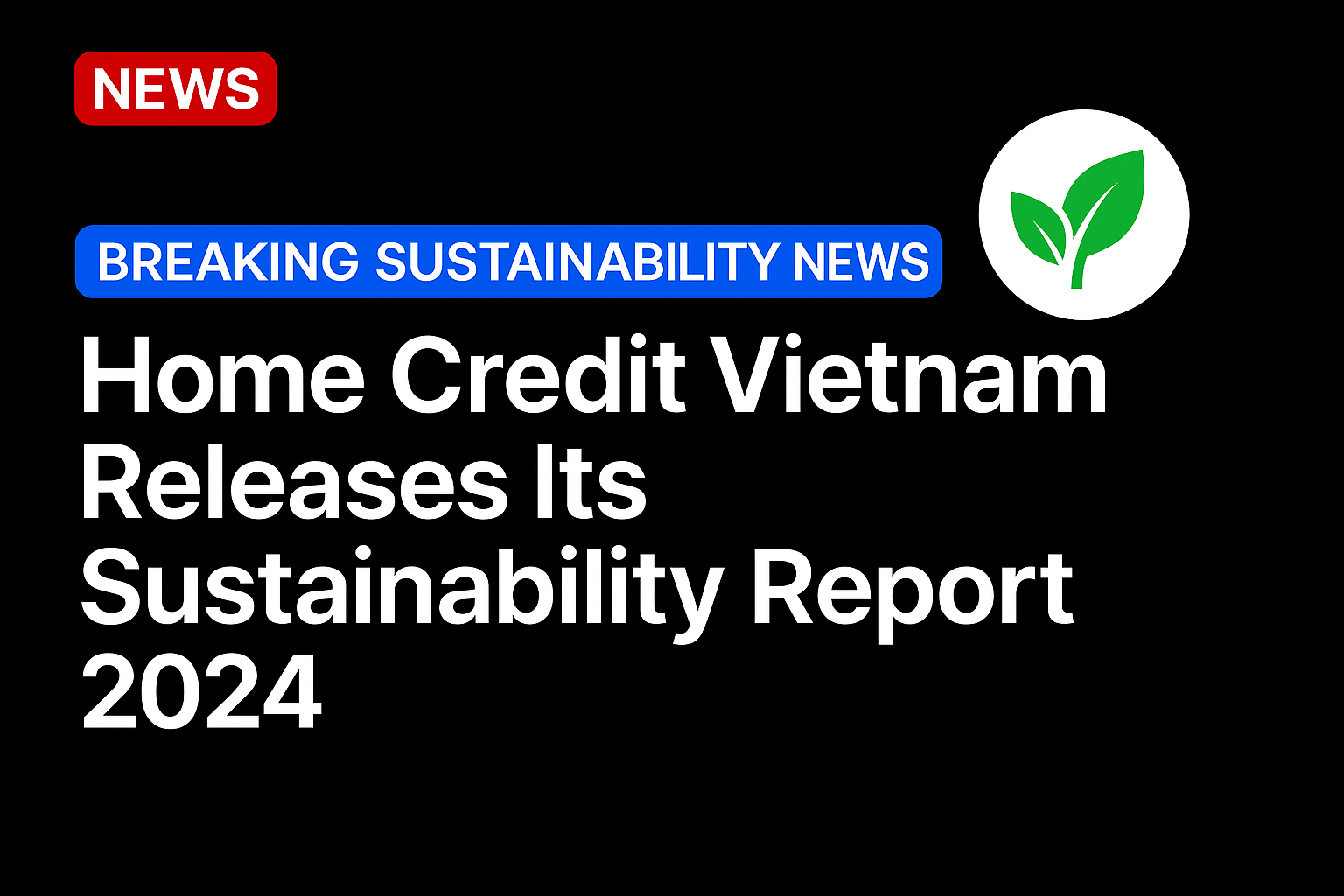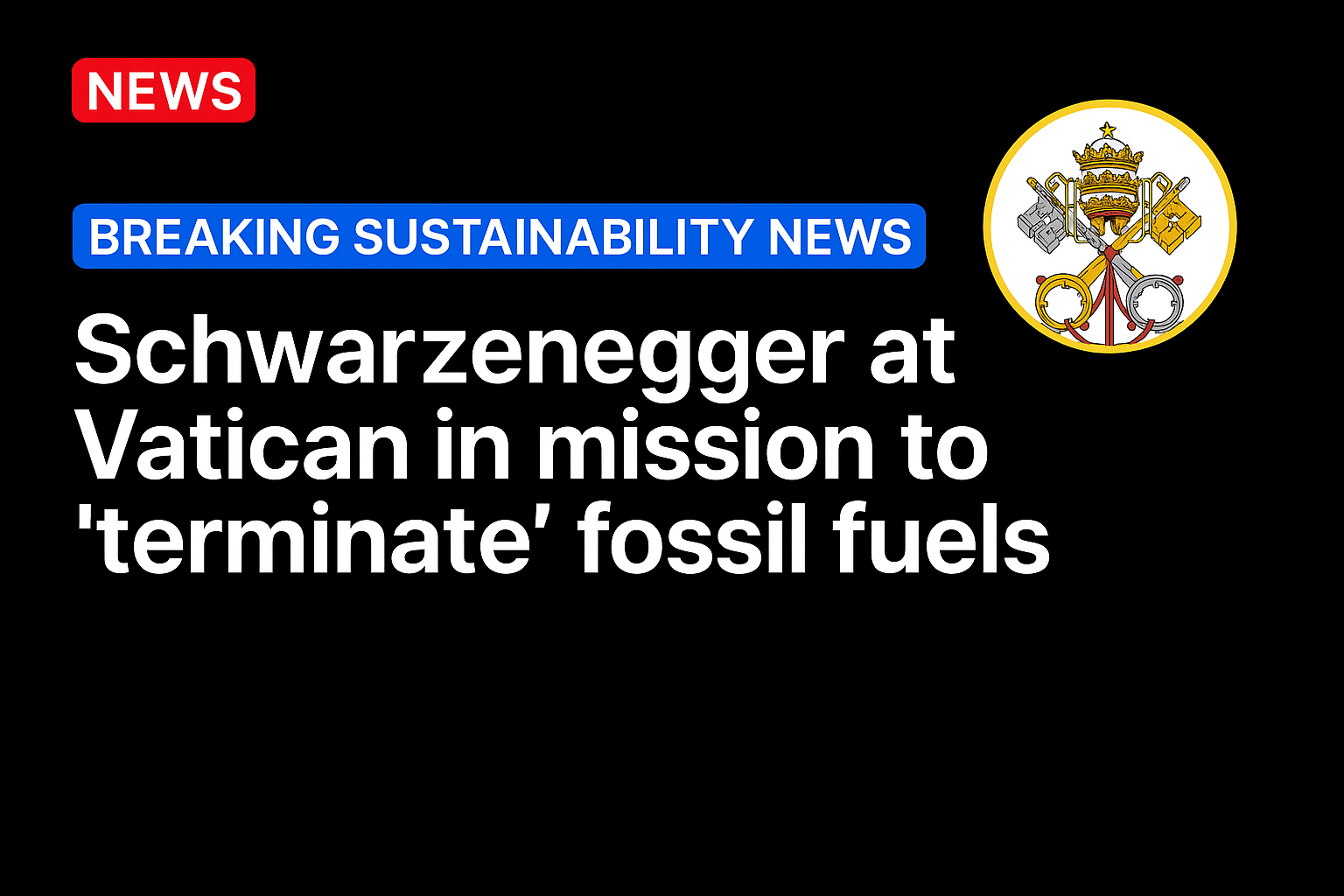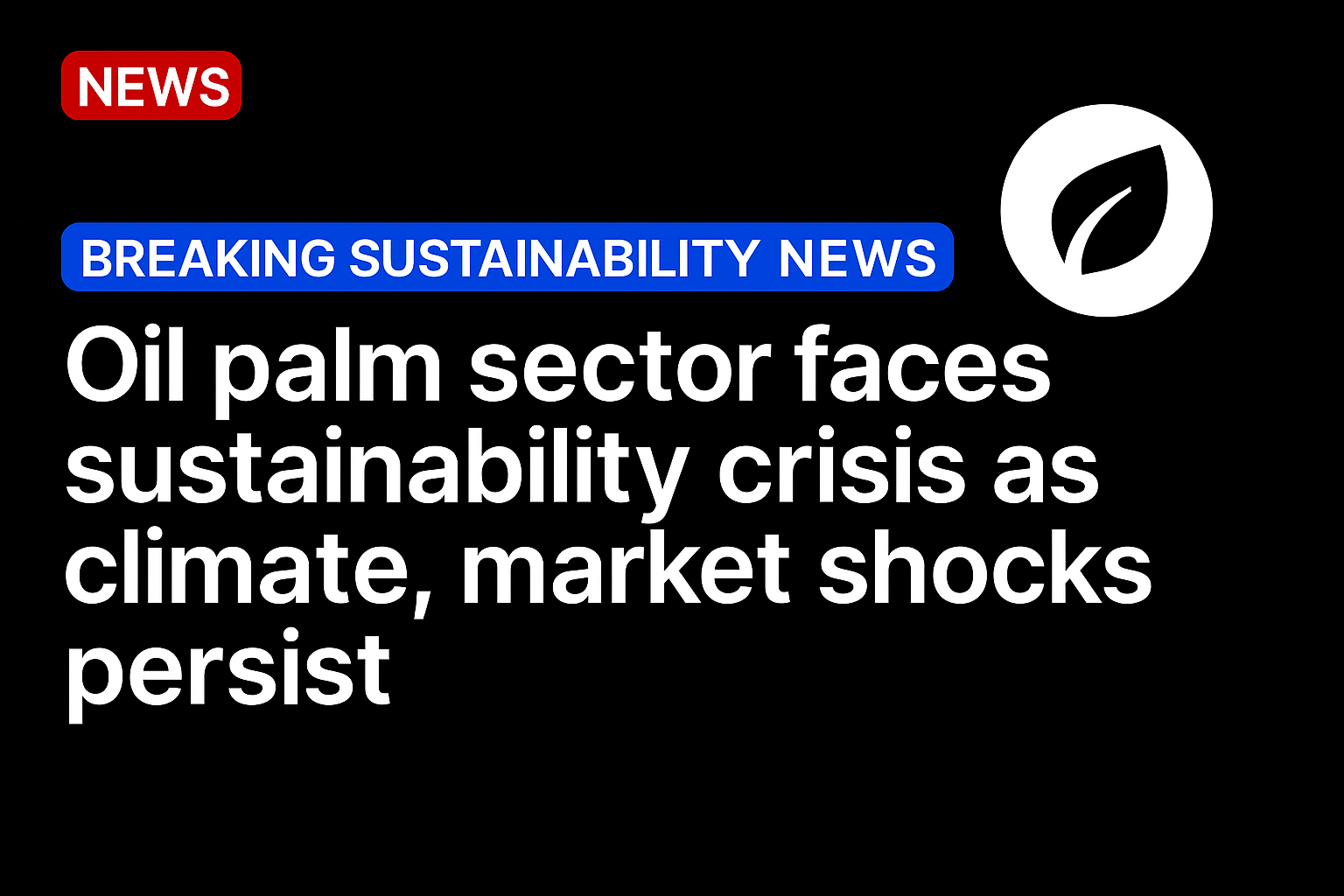Volkswagen Mexico has launched three initiatives aimed at ecological conservation and emissions reduction across all stages of vehicle production and its supply chain, reinforcing the company’s commitment to sustainable manufacturing.
Holger Nestler, President and CEO, Volkswagen Mexico, emphasized that the country is a strategic hub for regional and global production. “The challenge is not only to innovate but to do so sustainably,” he said. Volkswagen aims to achieve carbon-neutral operations in all phases by 2050, with intermediate targets along the way.
As part of its strategy, Volkswagen protects and restores natural areas surrounding its plants in Puebla and Guanajuato. Projects such as Izta-Popo, Bambú, Selva Baja, Cuenca de la Esperanza, and Cuenca de la Soledad have resulted in the planting of over 400,000 trees, including endemic species. These efforts contribute to CO₂ capture and the restoration of key ecological zones.
For more than 15 years, Volkswagen has worked on conserving over 4,000ha in protected natural areas, integrating biodiversity protection and reforestation into its operations.
Vehicle manufacturing is a major source of emissions in the automotive industry. To address this, Volkswagen has implemented clean technologies and efficient processes at its production facilities. In Puebla, the company inaugurated in January 2025 a new 100% electric paint shop, the first of its kind in the Volkswagen Group.
The paint shop has reached a production milestone of up to 1,200 bodies per day while eliminating the use of natural gas and reducing 29,000t of CO₂ annually. High-efficiency systems have also decreased energy consumption by 22% per vehicle produced.
Volkswagen also emphasizes sustainability across its supply chain. “The environmental impact of a vehicle depends not only on production but also on the materials and inputs used,” the company said. Currently, 79% of Volkswagen Mexico’s suppliers have received positive sustainability ratings under a program that sets clear standards for human rights, labor conditions, health and safety, environmental management, and business ethics. The program includes self-assessments, targeted audits, and training to ensure compliance.
“The reduction of emissions in the automotive industry is not an isolated effort but a continuous process that requires commitment and collaboration. The transformation of the sector in Mexico advances with initiatives that balance innovation and environmental responsibility. The focus should not only be on the destination but on the path toward more sustainable mobility,” Nestler added.
Source: https://mexicobusiness.news/




